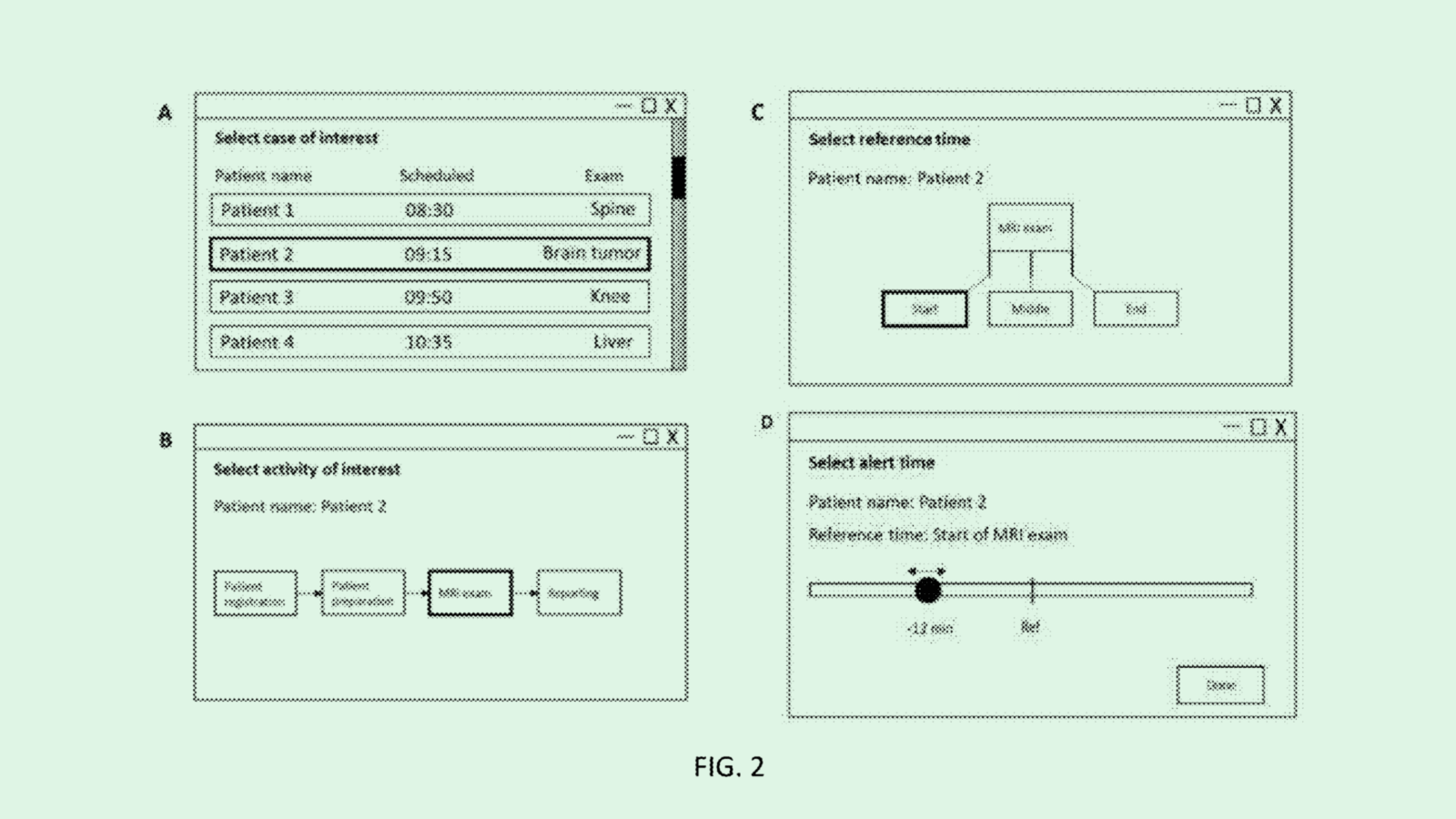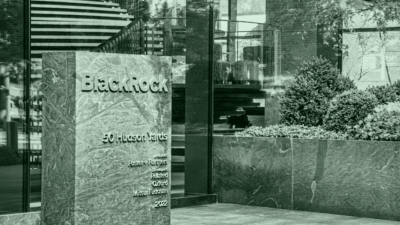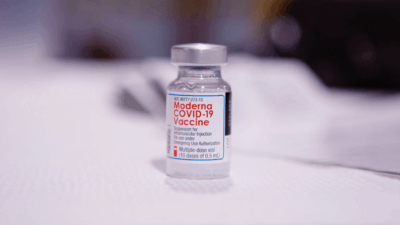Controversial CEO of Bankrupt Steward Health Care to Resign
Dallas-based Steward Health Care is may just well be the poster child for private equity investment in healthcare gone wrong.

Sign up for smart news, insights, and analysis on the biggest financial stories of the day.
The private equity industry is losing its greatest antihero.
As his for-profit hospital network collapsed and medical workers were left without the basic necessities to do their jobs, Steward Health Care CEO Ralph de la Torre allegedly funneled tens of millions of dollars to himself, wasted millions more on hiring spies (yes, spies) to go after his perceived enemies, got his firm embroiled in a Maltese money-laundering scandal, and bought himself a $40 million superyacht. Even most James Bond antagonists would say that’s a little on the nose. But his embattled tenure is coming to an end: On Saturday, the company said that de la Torre will resign, effective Oct. 1.
Private Inequity
Dallas-based Steward is — much to the industry’s chagrin — the poster child for private equity investment in healthcare gone wrong (and much has). The company, backed by the deep pockets of PE giant Cerberus, spent the 2010s buying up hospitals. Cerberus made an $800 million profit in the decade leading up to 2021, when it transferred ownership of Steward to company management in exchange for a $350 million note due five years later.
Cerberus made this money because Steward sold off over $1 billion of its hospitals’ land and buildings to a real estate investment trust. Meanwhile, its hospital network — over 31 hospitals in eight states with 30,000 employees at the time of its bankruptcy filing in May — lost hundreds of millions and piled up debt, while the new owners paid themselves millions in dividends:
- While investors and management got rich, Steward’s facilities are alleged to have fallen into substandard condition — earlier this month, a Boston Globe investigation identified at least 15 cases in which patients died after failing to receive professionally accepted standards of care. Exterminators sued Steward for not paying them nearly $1 million in owed bills, alleging there were 3,000 bats in one Florida hospital, while staff has alleged chronic underfunding that’s led to a lack of equipment and unsafe working conditions.
- Steward has over 100,000 creditors, including employees, staffing firms, medical device manufacturers, and the IRS, but the company paid at least $250 million to de la Torre and companies he has stakes in before going bankrupt.
53 Years: Federal authorities in Boston have opened a criminal fraud and corruption probe. Last week, the US Senate voted unanimously to hold de la Torre in criminal contempt for refusing to testify after being subpoenaed by a bipartisan group of lawmakers studying Steward’s collapse. It’s the first time the Senate has referred a contempt case to the Department of Justice since 1971, according to Senator Ed Markey.











